
The New Asian Hemisphere
The Irresistible Shift of Global Power to the East
Published by Public Affairs, a member of the Perseus Group LLC
ISBN: 9781586484668
Pages: 336
Read or listen offline
Recommendation
Kishore Mahbubani’s examination of the rise of Asia and its implications for the world is most notable precisely because it is an Asian examination. A professor of public policy at the National University of Singapore, Mahbubani is one of Asia’s most prominent intellectuals. His debunking of ideas that he diagnoses as Western myths and assumptions is trenchant and thought provoking. The book is at times controversial, circular and often repetitive, but always interesting. Mahbubani posits that Western countries attempt to export democracy through a system of international institutions that allow the Western minority to dominate the global majority. For Westerners, such viewpoints may be acutely uncomfortable, but understanding them is indispensable for those who wish to make sense of the emerging world order. This book offers a pertinent, important perspective on changing geopolitics. getAbstract recommends it to anyone seeking an insider’s informed analysis of Asia’s global role.
Summary
About the Author
Kishore Mahbubani is a professor of public policy at the National University of Singapore. His other titles include Can Asians Think? and Beyond the Age of Innocence. In 2005, Foreign Policy magazine ranked him as one of the top 100 public intellectuals in the world.








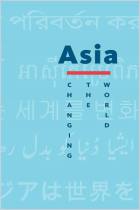
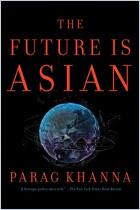
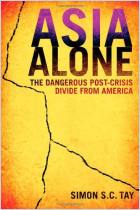
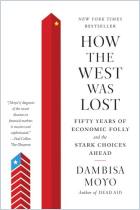
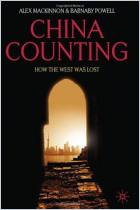
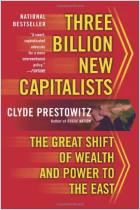



Comment on this summary or Начать обсуждение